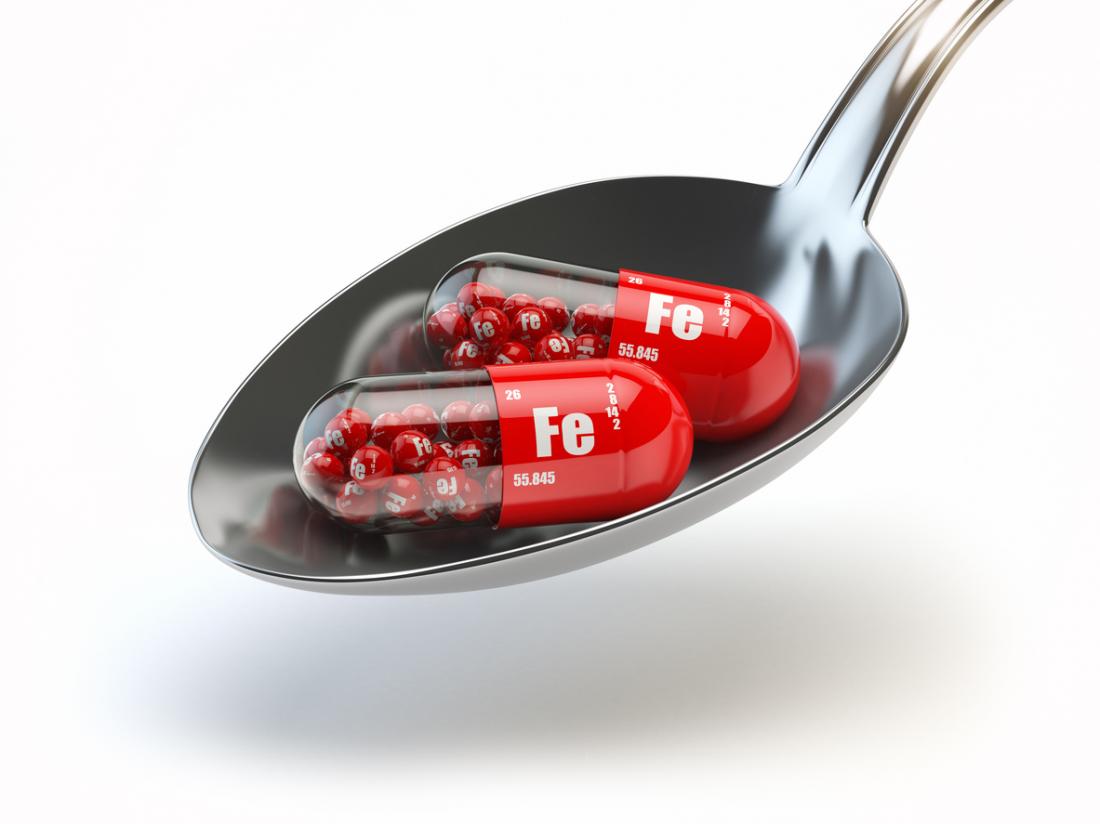This study explores the association between iron supplementation and gut microbiota in middle-aged women, focusing on the dose-dependent effects. A cohort of healthy females aged 40–65 years (n = 56) from Alberta’s Tomorrow Project was retrospectively analyzed using fecal samples and lifestyle questionnaires. The study categorizes individuals into non-users, low-dose iron supplement users (6–10 mg/day), and high-dose iron users (>100 mg/day). The gut microbiota was assessed through 16S rRNA sequencing, revealing dose-dependent alterations in microbial communities. High iron intake was linked to changes in specific taxa and predicted functional pathways, shedding light on potential implications for gut health.
Key Scientific Findings:
- Dose-Dependent Impact on Microbial Communities:
- Iron supplementation exhibited a dose-dependent effect on gut microbial communities in middle-aged women.
- High iron intake (>100 mg/day) was associated with an increase in Proteobacteria and a reduction in beneficial taxa, including Akkermansia, Butyricicoccus, Ruminococcus, Alistipes, and Faecalibacterium.
- Proteobacteria as a Potential Biomarker:
- Elevated iron intake was linked to an augmentation of Proteobacteria, particularly Enterobacteriaceae and Escherichia/Shigella.
- Proteobacteria increase may serve as a potential biomarker indicative of a proinflammatory response after high iron supplementation.
- Functional Insights:
- Metagenomic prediction suggested an upregulation of iron acquisition and siderophore biosynthesis following high iron intake.
- High iron supplementation was associated with increased siderophore function, potentially linked to an upregulation of Escherichia/Shigella.
- Taxa-Specific Associations:
- High iron doses were negatively associated with beneficial taxa, including Akkermansia, Butyricicoccus, Ruminococcus, and Faecalibacterium.
- Reductions in these taxa may impact gut barrier function, short-chain fatty acid production, and carbohydrate utilization.
- Potential Impact on Metabolic Cross-Feeding:
- High iron supplementation may adversely affect metabolic cross-feeding activities in the gut microbiota.
- Decreases in Ruminococcus, Faecalibacterium, and Akkermansia suggest alterations in microbial fermentation and carbohydrate utilization.
- Limitations and Future Directions:
- Study limitations include a relatively small cohort size and a shortage of participants with high iron intake.
- Future studies should explore the impact of supplement duration, different iron forms, and personalized aspects of iron supplementation.
Conclusion: This study provides valuable insights into the intricate relationship between iron supplementation and gut microbiota in middle-aged women. The dose-dependent alterations in microbial communities, especially the increase in Proteobacteria and reduction in beneficial taxa, underscore the importance of considering iron dosage in maintaining optimal gut health. The findings raise awareness regarding the potential adverse impacts of high-dose iron supplementation on gut microbiota and gastrointestinal inflammation. Further research with larger cohorts and personalized considerations is essential to deepen our understanding of these complex interactions and refine iron supplementation recommendations.
Link to the article : https://tinyurl.com/3v47ecwh
